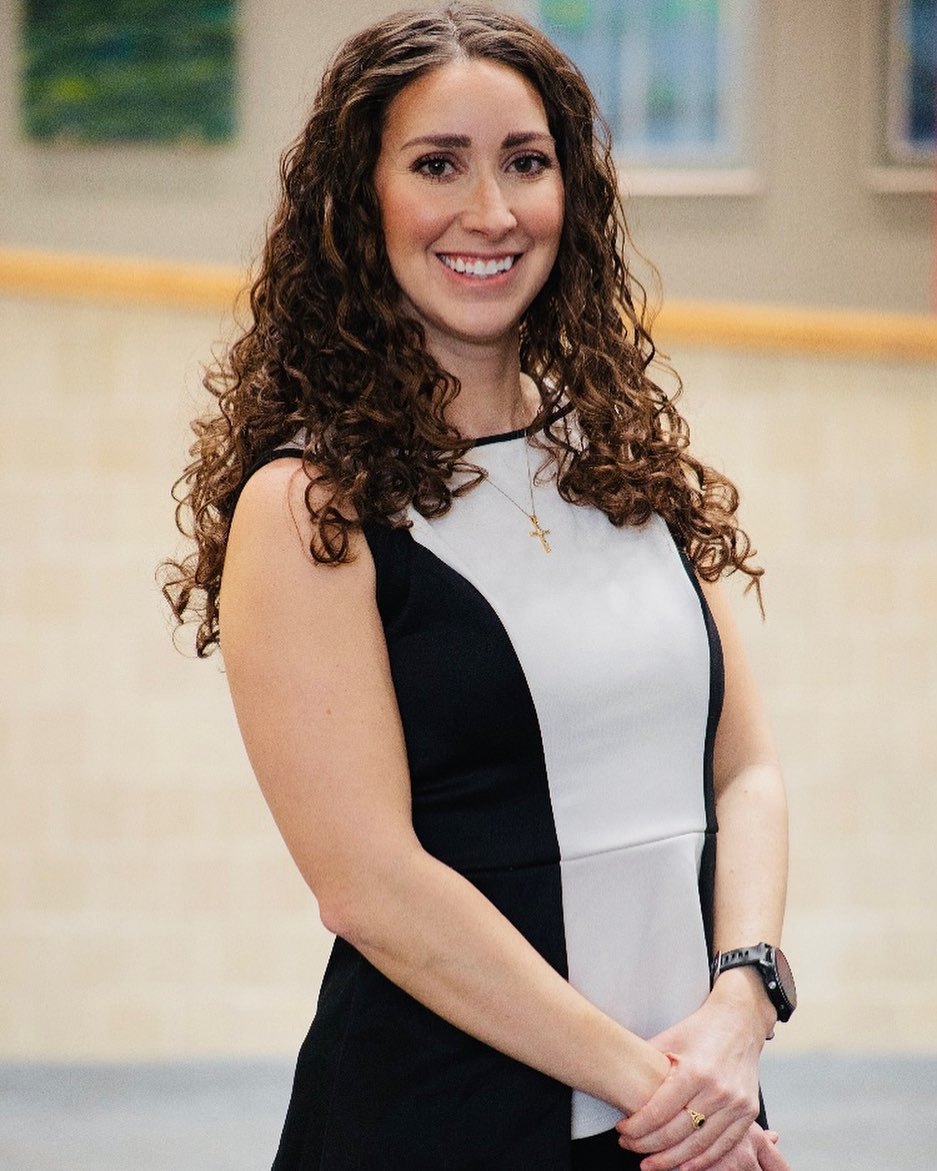
Emily Salas-Groves is working to prevent loss of muscle mass and strength in older adults through culinary medicine
Emily Salas-Groves is a Nutritional Sciences doctoral student researching the importance of culinary medicine and muscle mass. The goal of her research is to provide a more precise and effective nutritional education for older adults to prevent muscle mass and strength loss.
“My mentor, Dr. Shannon Galyean, introduced me to this area of research,” Salas-Groves said. “I think culinary medicine is great because it teaches individuals different ways to improve their health through demonstrations, videos, and counseling which has shown to be impactful.”
Salas-Groves and Galyean are both registered dietitians and working together to examine the efficacy of culinary medicine intervention emphasizing convenient ways to increase lean red meat intake and improve protein intake in older adults after four months. They also want to determine how a culinary medicine intervention affects older adults’ muscle strength and mass.
“You can use culinary knowledge to help an individual learn how to support their health goals,” Salas-Groves said. “For my research, we are helping older adults learn about protein intake and its relationship to muscle quality through cooking demonstrations and education videos so they can apply those skills at home and have a newfound confidence in doing so.”
The knowledge of nutrition is everchanging because there are always new discoveries made through research and studies. Therefore, people must alter their nutrient needs and the way to receive the necessary nutrients. Adults 65 and older specifically may be unaware of their changing nutrient needs and might lack the skills to prepare nutritionally adequate foods.
“Sarcopenia is the loss of muscle mass, strength, and function seen in advancing age and can increase the risk of falls, fractures, disabilities, loss of independence, and death,” Salas-Groves said. “Research has shown one of the effective treatments for sarcopenia is the adequate diet with sufficient protein intake combined with exercise. If we can show how culinary medicine could prevent muscle mass and strength loss with the potential to increase muscle mass and strength, then culinary medicine could potentially be another intervention to prevent sarcopenia from those at risk.”
Salas-Groves is working with the Department of Nutritional Sciences here at Texas Tech, which has helped fund her research and education to aid in discovering a better way to help the elderly properly fuel their bodies and to reduce the loss of muscle mass and strength. Programs across Texas Tech have come together to aid Salas-Groves and her research.
“Dr. Shannon Galyean, Dr. Allison Childress, and Dr. Krisina Petersen have helped me develop and design this research in addition to Dr. Michelle Alcorn (Department of Hospitality and Retail Management) and Dr. Kembra Albracht-Schulte (Department of Kinesiology),” Salas-Groves said. “Dr. Martin Binks, the director of Nutrition & Metabolic Health Initiative, is allowing me to use his facility to conduct my research.”
The Nutritional Sciences program has endless opportunities for students to conduct research. Salas-Groves’ research is one of the many research studies being conducted in the department. Experienced faculty and staff help students learn valuable skills and research techniques that can lead to improving the knowledge and health of the communities they impact.
